What is STARTUP BUSINESS?
A startup business is a new company that is in the early stages of development, typically focused on bringing a new product or service to market. Startups are usually small in size, with a team of founders or employees working to develop and grow the business.
Startups often operate in fast-paced and innovative environments, with a focus on finding new and creative ways to solve problems and meet customer needs. They may also operate with limited resources, such as funding or staffing, and must be flexible and adaptable in response to changing market conditions and customer demands.
In many cases, startups are founded with the goal of disrupting established industries or markets, and may use technology or other innovative approaches to do so. They often seek out funding from venture capitalists, angel investors, or other sources of capital in order to fuel growth and expand their operations.
How to start?
Starting a startup business ideas can be an exciting and challenging process. Here are some steps you can follow to get started:
Identify a need: Think about a problem or gap in the market that you can address with a new product or service. Conduct market research to validate your idea and ensure there is demand for it.
Develop a business plan: Create a detailed plan for your startup, including your business ideas model, target market, revenue streams, marketing strategy, and financial projections. This will help you clarify your goals and identify potential challenges and opportunities.
Secure funding: Determine how much capital you will need to launch your startup and seek out sources of funding, such as angel investors, venture capitalists, or small business loans.
Form a team: Identify the key roles you will need to fill to launch and grow your startup, such as developers, marketers, and salespeople. Recruit talented individuals who share your vision and can contribute to your success.
Launch your product or service: Develop and test your product or service, and launch it to your target market. Collect feedback and iterate based on customer needs and feedback.
Grow and scale: As your startup grows, continue to refine your product or service, expand your team, and explore new markets and revenue streams. Stay nimble and adaptable as you navigate the challenges and opportunities of building a successful startup.
Startup business plan
A startup business plan is a document that outlines your vision and strategy for launching and growing your startup. Here are some key components that you may want to include:
Executive summary: A brief overview of your startup, including your business model, target market, and key goals.
Company description: A more detailed description of your startup, including your mission, vision, values, and organizational structure.
Market analysis: A review of the industry and market you are entering, including trends, competition, and customer demographics.
Product or service description: A detailed description of your product or service, including its features, benefits, and unique selling proposition.
Marketing strategy: A plan for reaching your target market, market conditions and promoting your product or service, including advertising, social media, public relations, and other tactics.
Sales strategy: A plan for generating revenue and achieving profitability, including pricing, distribution, and sales channels.
Financial projections: A forecast of your startup's revenue, expenses, and cash flow, including a break-even analysis and projected return on investment.
Management team: A description of the key members of your startup team, including their roles and responsibilities, qualifications, and experience.
Funding needs: A description of your startup's funding needs and a plan for raising capital, including potential sources of funding and the terms of investment.
Remember, your startup business plan should be tailored to your specific goals, market conditions, and industry. It should be a dynamic document that can be updated and revised as your startup grows and evolves.
Startup business plan business model
A startup business plan should include a business model that outlines how your startup will generate revenue and achieve profitability. Here are some common types of business models for startups:
Subscription-based model: Customers pay a recurring fee for access to a product or service, such as a software application or streaming video service.
E-commerce model: Customers purchase products or services directly through an online business ideas store or platform, often with a focus on a specific niche or market.
Marketplace model: A platform connects buyers and sellers, taking a commission or fee for each transaction, such as Airbnb or Uber.
Freemium model: A basic version of the product or service is offered for free, with premium features available for a fee, such as Dropbox or LinkedIn.
Advertising model: Revenue is generated through advertising on a platform or website, such as Facebook or Google.
Licensing model: The startup licenses its technology or intellectual property to other businesses or organizations for a fee.
When choosing a business model for your startup, consider factors such as your target market, market conditions, competition, and revenue potential. Be sure to include a detailed description of your business model in your startup business plan, including revenue streams, pricing strategy, and expected profitability.









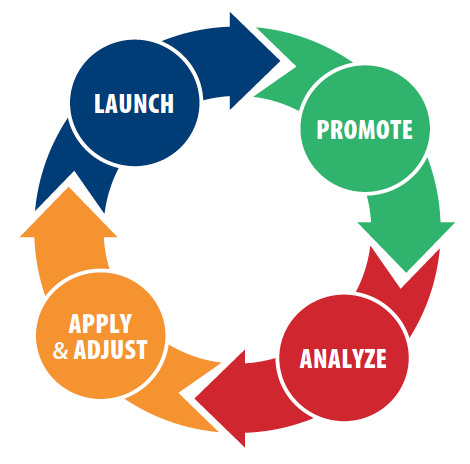




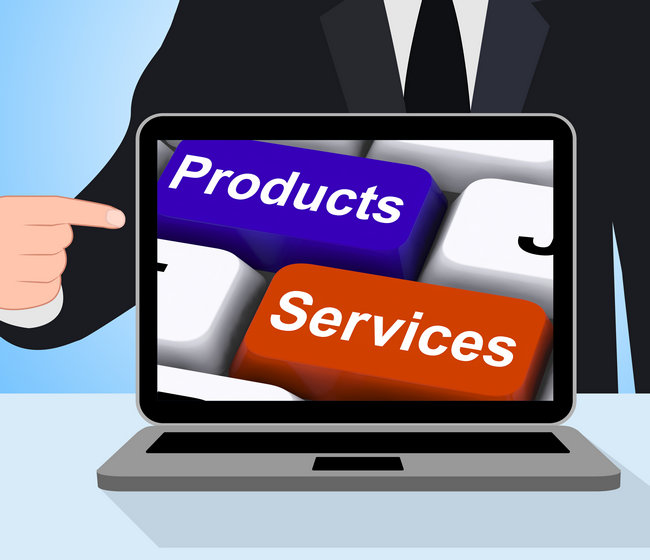

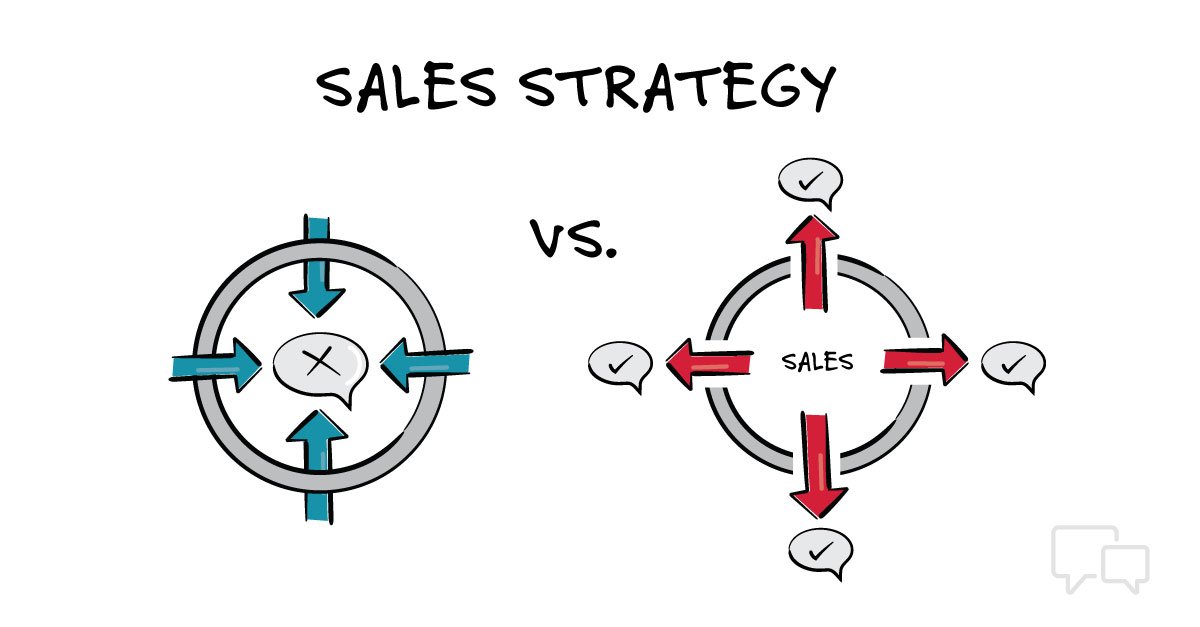


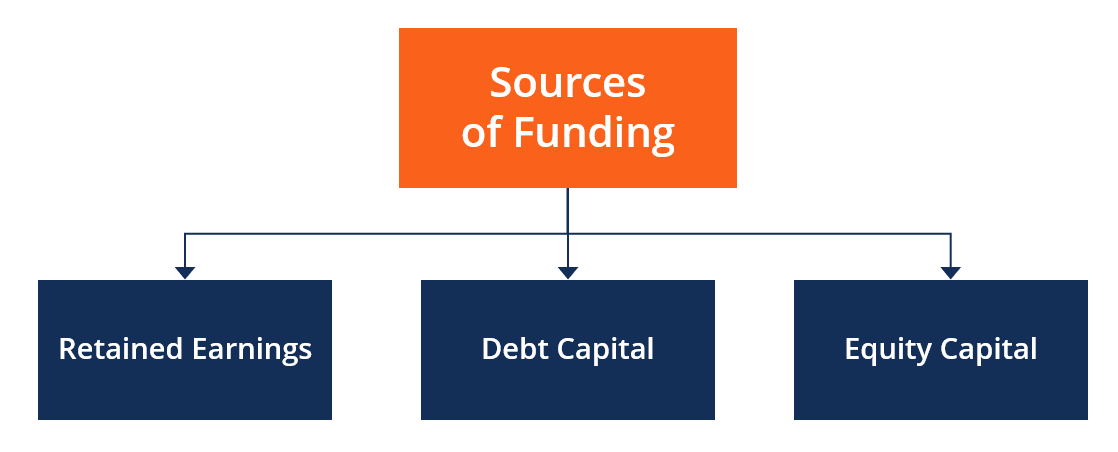
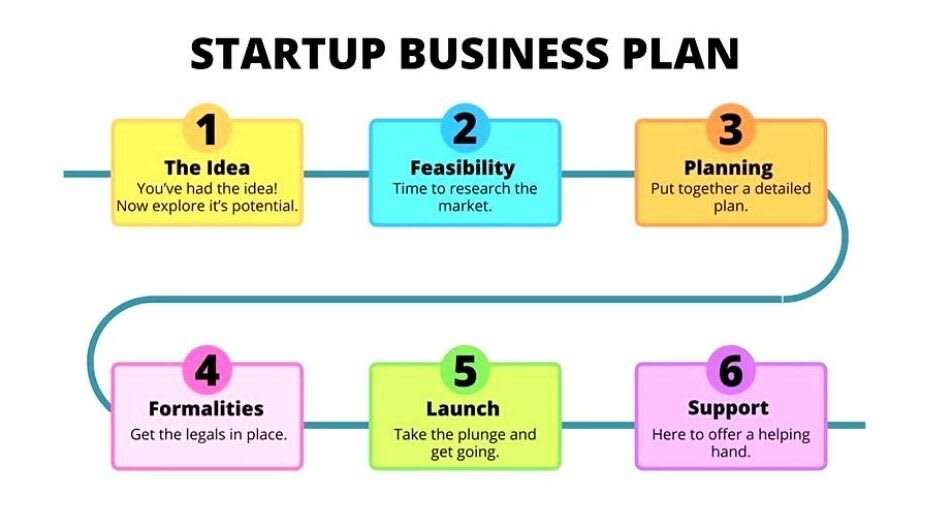
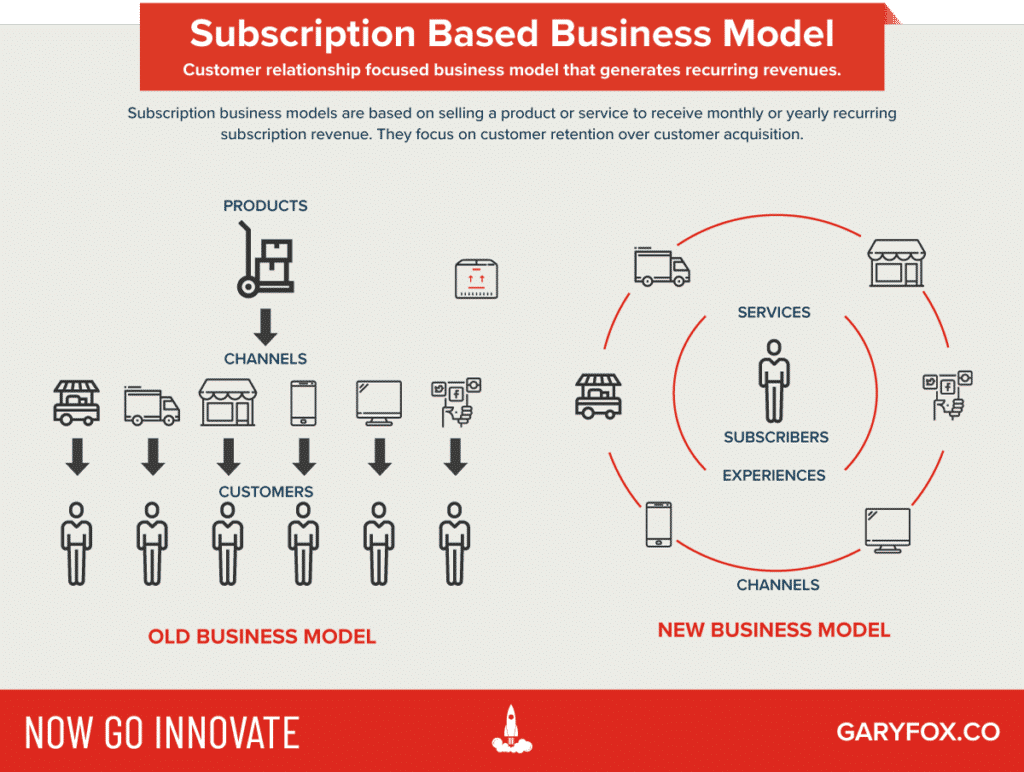




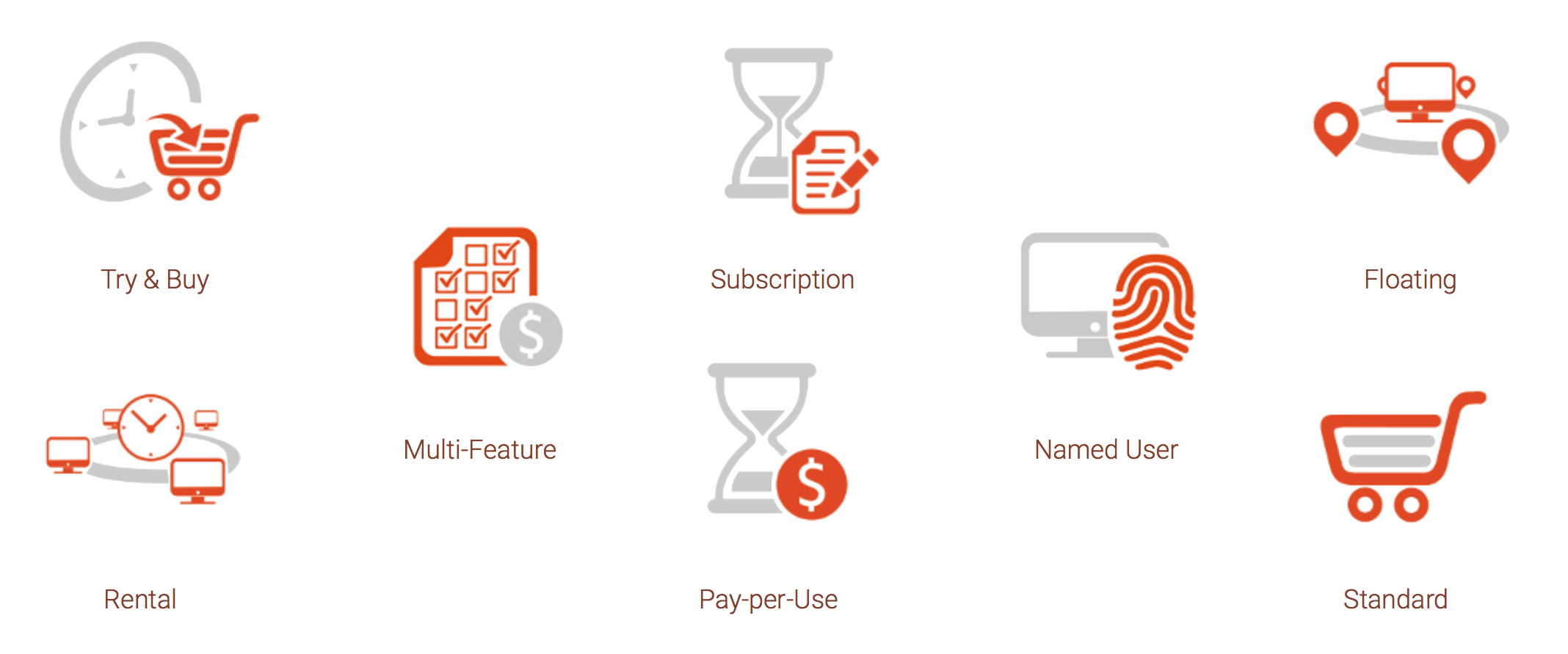

0 Comments